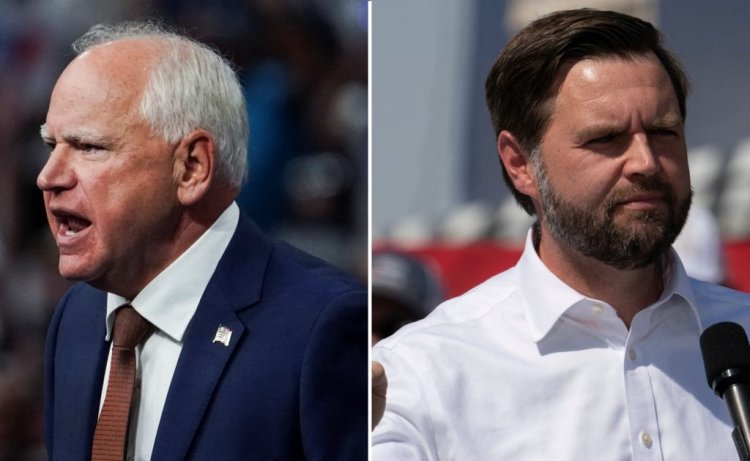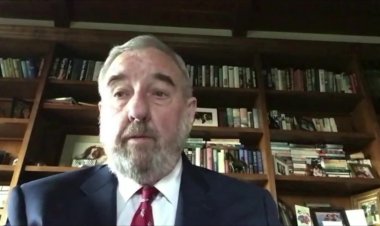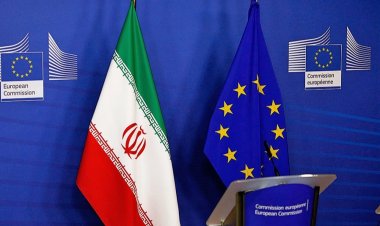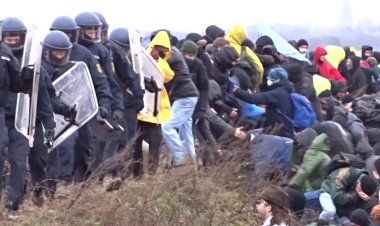VP candidates make final campaign push

On the final day before the US Presidential election, vice presidential candidates J.D. Vance (Republican) and Tim Walz (Democrat) made their last campaign pushes in crucial swing states Michigan and Wisconsin, where polls show a deeply divided electorate.
Vance, running alongside Donald Trump, criticized his opponent during a rally in Flint, Michigan, questioning Kamala Harris's fitness for the presidency. Meanwhile, in La Crosse, Wisconsin, Walz, Harris's running mate, emphasized the election's generational impact and focused on abortion rights, urging male voters to support Harris in consideration of their female family members who were affected by the overturning of Roe v. Wade during Trump's presidency.
Recent polling reveals a significant gender divide in voter support. According to an October poll, Harris leads among women voters with 50% to Trump's 38%, while Trump maintains an edge with male voters at 48% to 41%.
Wisconsin, a crucial battleground state that has seen nearly 40 presidential campaign rallies since late July, continues its tradition as a key determinant in presidential races. The state's recent electoral history underscores its importance, with Trump winning by a narrow margin in 2016 and Biden securing a similarly tight victory in 2020.
Political analyst Steven Schier from Carleton College noted the strategic significance of Walz's presence in Wisconsin, particularly given his familiarity with western Wisconsin voters. The Harris campaign's decision to deploy Walz in Wisconsin during the campaign's final hours appears calculated to leverage his regional recognition.
The national race remains extremely close in the seven battleground states expected to determine the outcome, with final results potentially taking days to confirm after vote. Both campaigns are making their final appeals to voters, emphasizing the historic significance of this election and its potential long-term implications for American society.















